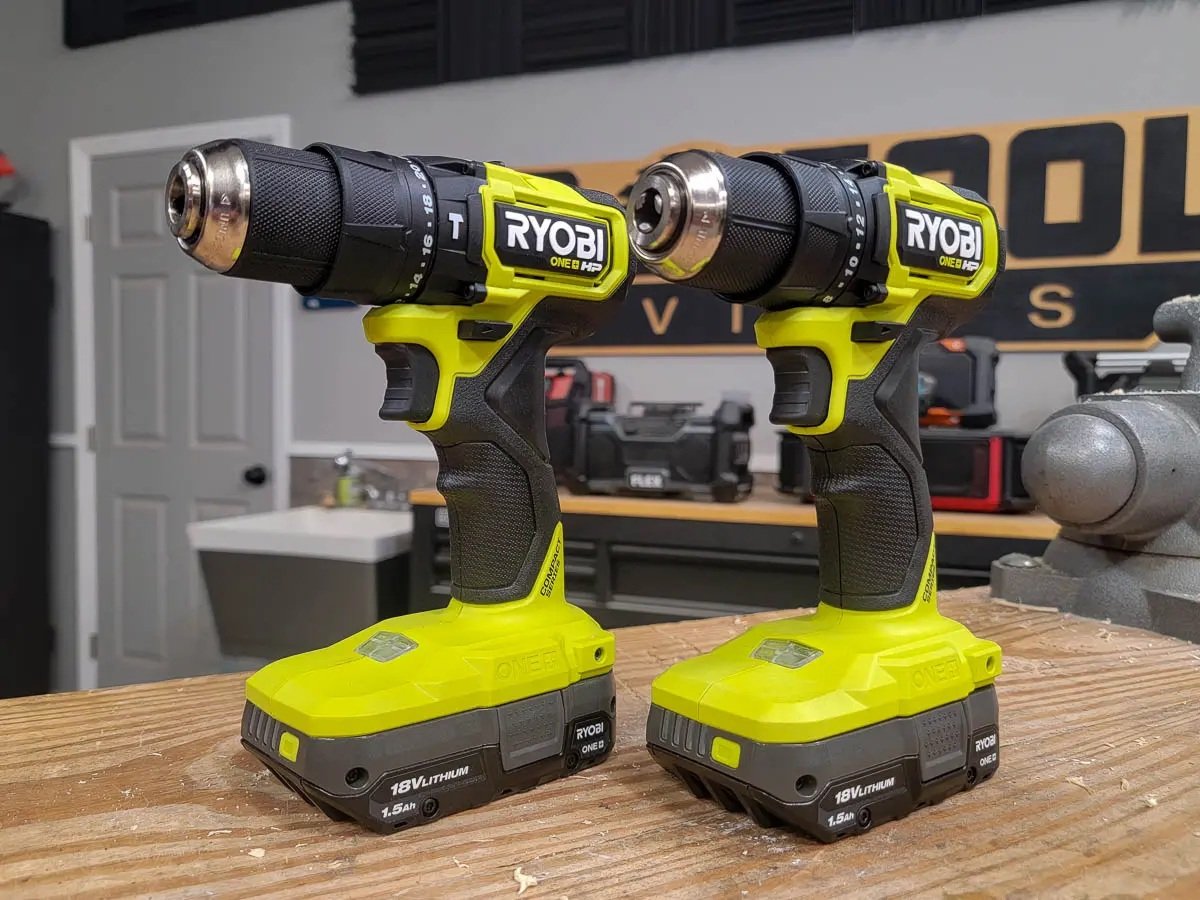Milwaukee vs. DeWalt vs. Ryobi: A Comparison for Professional and Homeowner Use
When it comes to power tools, choosing the right brand can significantly impact performance, durability, and overall satisfaction, whether you're a professional tradesperson or a DIY enthusiast. In this blog post, we'll delve into the key differences between Milwaukee and DeWalt, both renowned for their professional-grade tools, and Ryobi, known for its affordability and appeal to homeowners.
Milwaukee Tools
Strengths: Milwaukee is synonymous with robust, high-performance tools designed for professionals who demand reliability and power. Their extensive range includes drills, impact drivers, saws, and more, all built with durability and efficiency in mind. Here are some standout features:
Power and Performance: Milwaukee tools often boast higher torque and faster cutting/drilling speeds, making them ideal for heavy-duty tasks.
Battery Technology: Known for their REDLITHIUM battery technology, Milwaukee batteries tend to offer longer runtimes and faster charging, crucial for uninterrupted work on the job site.
Build Quality: Constructed with premium materials, Milwaukee tools are designed to withstand tough conditions and frequent use.
Considerations:
Price: Milwaukee tools generally come at a higher price point due to their professional-grade quality.
Specialization: Milwaukee specializes in tools tailored for specific trades, offering precision and power that meet the demands of professionals across various industries.
DeWalt Tools
Strengths: DeWalt is another heavyweight in the professional tool market, renowned for its extensive lineup of robust and reliable tools. Here's why professionals often choose DeWalt:
Durability: DeWalt tools are built to last, featuring rugged construction that can handle rigorous job site conditions.
Versatility: From drills and impact wrenches to saws and sanders, DeWalt offers a comprehensive range of tools suitable for a wide range of professional applications.
Innovation: Continual innovation in battery technology and tool design ensures that DeWalt tools remain competitive and reliable.
Considerations:
Cost: While generally less expensive than Milwaukee, DeWalt tools still command a premium compared to brands aimed at homeowners.
Performance: While highly capable, some professionals might find Milwaukee's tools offer slightly more power and advanced features in certain models.
Ryobi Tools
Strengths: Ryobi has carved out a niche in the market by offering affordable, entry-level tools tailored for homeowners and DIYers. Here’s what makes Ryobi a popular choice among non-professionals:
Affordability: Ryobi tools are often priced competitively, making them accessible to budget-conscious consumers.
Ease of Use: Designed with simplicity in mind, Ryobi tools are user-friendly and ideal for occasional use around the home.
Battery Compatibility: Ryobi's ONE+ battery system allows users to interchange batteries across a wide range of tools, reducing cost and hassle.
Considerations:
Power and Performance: While sufficient for home projects, Ryobi tools may lack the power and durability required for extensive professional use.
Limited Professional Use: Professionals may find Ryobi tools lacking in the robustness and advanced features needed for demanding job site conditions.
Conclusion
Choosing between Milwaukee, DeWalt, and Ryobi ultimately depends on your specific needs and intended use. For professionals requiring top-tier performance, durability, and reliability, Milwaukee and DeWalt are preferred choices with Milwaukee often leading in power and specialized applications. Ryobi, on the other hand, offers affordability and convenience for homeowners tackling occasional DIY projects without the need for professional-grade tools.
Whether you opt for Milwaukee, DeWalt, or Ryobi, each brand excels in its target market, ensuring you can find the right tools to suit your skill level, budget, and project requirements.
🔗 Looking for professional locksmith services in Langley? Visit Crono Lock’s homepage to learn more or get in touch today.





